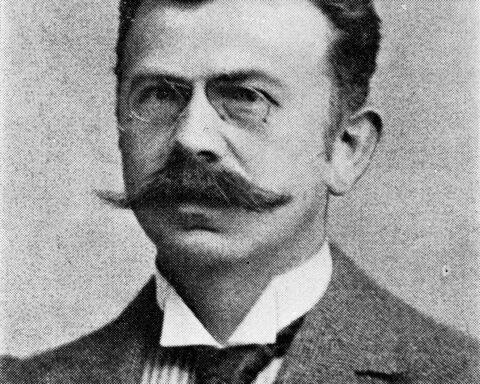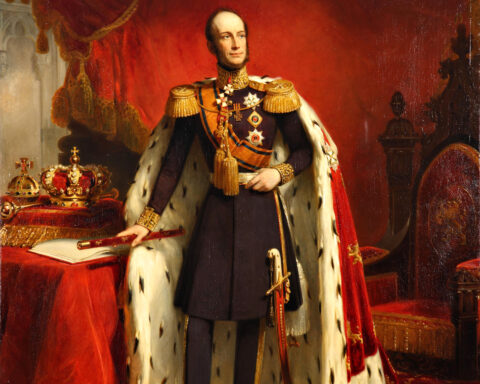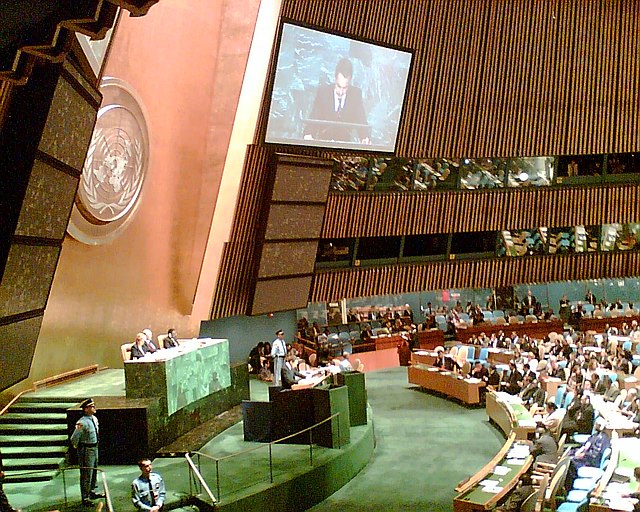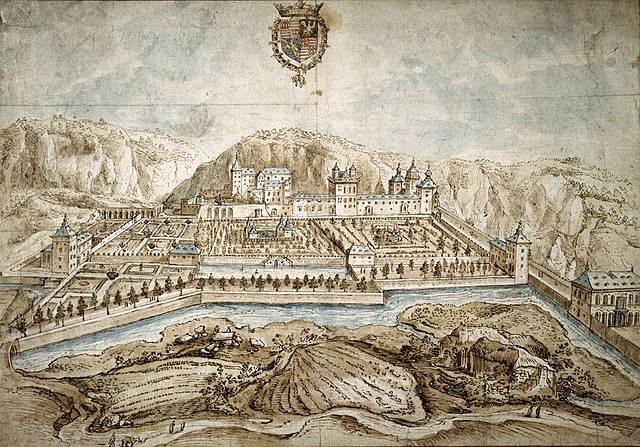The United Nations marks its 80th anniversary in 2025, commemorating the signing of its founding Charter on June 26, 1945. Across eight decades, the institution has confronted shifting global crises while being repeatedly challenged to uphold its original principles.
Founding and Charter
The United Nations was officially founded in the aftermath of World War II, when 50 countries met in San Francisco to draft and sign the UN Charter on June 26, 1945. The Charter, which entered into force on October 24 of that year, established the UN’s six principal organs, including the General Assembly, the Security Council, and the International Court of Justice. Its primary aims were to prevent future global conflict, affirm human rights, and foster international cooperation. The Charter represented a consensus on multilateral diplomacy as a replacement for the failures of the League of Nations. On its 80th anniversary, UN Secretary-General António Guterres warned that the Charter “is not optional” and cannot be used selectively. He highlighted increasing violations by member states that undermine international law, stressing that global cooperation must remain anchored in this founding document. The UN has since expanded to include 193 member states, but calls for Charter reform persist, especially in relation to Security Council composition and the veto system, which many view as outdated and unrepresentative.
Key Moments in Eight Decades
Since its establishment, the UN has played a central role in multiple world events. Its first major intervention occurred during the Korean War in 1950, followed by active involvement in decolonisation processes throughout Africa and Asia. Dramatic moments at the General Assembly include Soviet Premier Nikita Khrushchev famously pounding his shoe on a desk in 1960, and Palestinian leader Yasser Arafat addressing the Assembly in 1974 carrying both an olive branch and a gun. The organization also experienced tragedies. The bombing of its Baghdad headquarters in 2003 killed high-ranking diplomat Sergio Vieira de Mello and 21 others. In 2010, 102 UN personnel died during the Haiti earthquake, marking the UN’s deadliest single-day loss. These incidents reflect the UN’s active field presence in fragile zones, often under dangerous conditions. Peacekeeping operations, humanitarian interventions, and the adoption of global frameworks such as the Sustainable Development Goals (SDGs) have become defining aspects of its modern mission, despite limitations in enforcement and resources.
“The Charter of the United Nations is not optional. It is not an a la carte menu.” — António Guterres
Contemporary Challenges and Reform Imperatives
Today, the UN faces questions over its relevance in addressing complex geopolitical tensions. The Security Council’s inaction amid crises in Ukraine, Gaza, Sudan, and Myanmar has reignited debates over veto powers held by five permanent members. Critics argue that the institution is paralysed by political divisions, while budgetary constraints and a growing number of humanitarian emergencies strain its operational capacity. In response, Secretary-General Guterres has proposed a “Pact for the Future” aimed at renewing trust in multilateralism, though support for major structural reform remains fragmented. At 80, the UN remains a necessary global forum, yet its legitimacy depends on reform that matches the complexity of 21st-century challenges. Despite mounting scepticism, the UN continues to deliver vital services through agencies like WHO, UNICEF, and WFP.



















